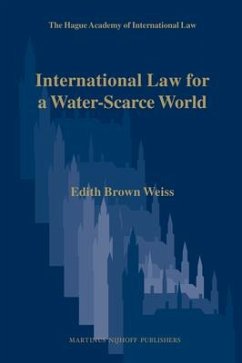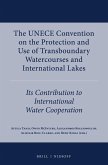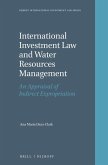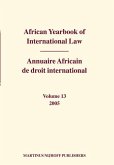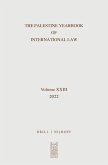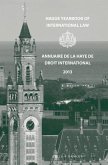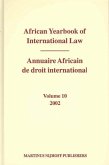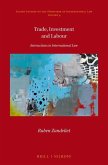The fresh water crisis is the new environmental crisis of the 21st century. By 2050, 993 million people are projected to live in cities with perennial water shortages; 3.1 billion will confront seasonal water shortages within their urban areas. The traditional legal principles upon which existing water management is based are likely to be insufficient to deal with the water problems that loom from projected climate change, population growth, food production, increased industrialization, and ecosystem needs.

